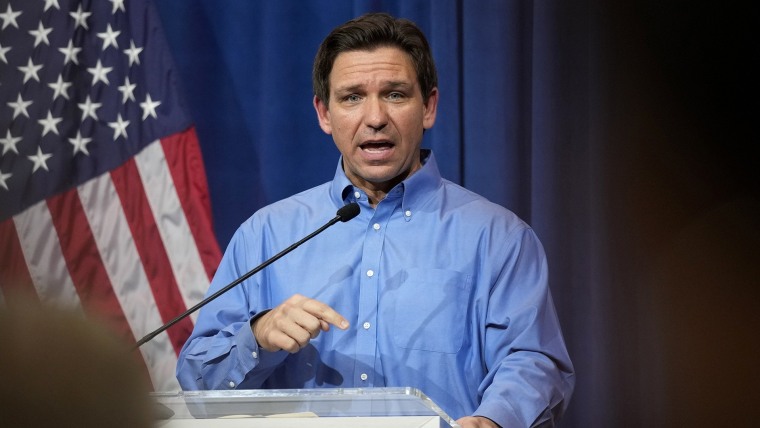Democrats censure “pro-LGBTQ+” Texas rep who voted to ban books & trans healthcare
A Democratic organization has censured a Texas state Democrat who voted in favor of two anti-LGBTQ+ bills.
Texas State Rep. Shawn Thierry (D) recently voted in support of HB 900, a bill to ban LGBTQ+-themed books from schools. She was also one of four state Democrats to vote in favor of SB 14, a bill to ban trans youth from accessing gender-affirming healthcare.
The new rules could be selectively enforced against trans and nonbinary employees, some fear.
HB 900 seeks to ban any book containing “sexually explicit” or “sexually relevant” content that “describes or portrays” sexual conduct. This could include numerous books from LGBTQ+ authors, Equality Texas noted, calling the bill the “Book Burning Act.” The bill would require students to get parental permission in order to access certain texts.
SB 14 would ban trans youth from accessing gender-affirming care including puberty blockers and hormone replacement therapy (HRT). The bill would require trans teens who are currently undergoing treatment to de-transition, and it would punish doctors who provide such care by revoking their medical licenses.
Thierry was one of four Democratic representatives to vote in favor of SB 14. The other three were Reps. Harold Dutton, Tracy King, and Abel Herrero.
In a three-page statement explaining her vote, she claimed that no studies have shown the long-term effects of puberty blockers and HRT on young people, even though these reversible medications have been used on non-trans children to treat rare cancers for decades.
Her statement also highlighted the potential side effects of such medications and claimed that unnamed studies from “European countries” have shown that trans minors’ rates of suicide and depression aren’t improved by hormonal treatment.
Her position is in opposition to the findings of the American Academy of Pediatrics (AAP), the American Academy of Child and Adolescent Psychiatry, the Endocrine Society, the American Medical Association, the American Psychological Association, and the American Psychiatric Association, who have all found that age-appropriate gender-affirming care is safe, evidence-based, and medically necessary to the well-being of trans youth.
“While many of my constituents encouraged me to vote in favor of this legislation, hostile activists have made nasty political threats to influence my vote against the bill. These personal even racist attacks on me as an African American woman are neither productive or persuasive,” Thierry wrote.
Responding to Thierry’s votes, the Meyerland Area Democrats Club of Houston, Texas, an organization that promotes Democratic candidates and policies, voted to censure her in a 13-7 vote on May 15.
“Rep. Thierry campaigned on being an ally to the LGBTQ+ community,” the club wrote in a statement about its censure. “Yet she has supported legislation which will harm this community and doesn’t ally with democratic principles.”
The club said that HB 900 would ban books under “a vague and constitutionally dubious rating system that will create layers of bureaucracy, cost, and red tape” and will disproportionately target LGBTQ+, indigenous, and non-white authors for censorship, marginalizing queer kids and educators in the process.
Mentioning SB 14, the club wrote, “Not only will her vote for this dangerous legislation hurt her constituents, but she has already harmed transgender Texans by spreading misinformation that is not backed by science.”
Progressive state groups like the Texas Freedom Network and the Texas chapter of the American Civil Liberties Union (ACLU) have signaled that they’re prepared to file lawsuits if the two above bills become law. The two are among the 141 anti-LGBTQ+ bills introduced in Texas during its 2023 legislative session.
Editor’s note: This article mentions suicide. If you need to talk to someone now, call the Trans Lifeline at 1-877-565-8860. It’s staffed by trans people, for trans people. The Trevor Project provides a safe, judgement-free place to talk for LGBTQ youth at 1-866-488-7386. You can also call the National Suicide Prevention Lifeline at 1-800-273-8255.

